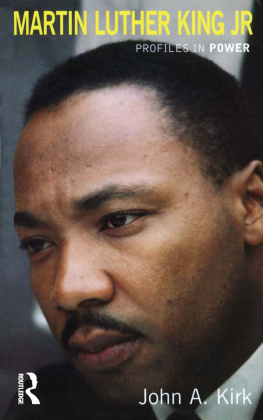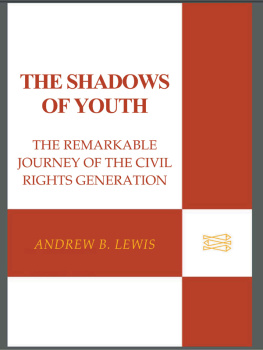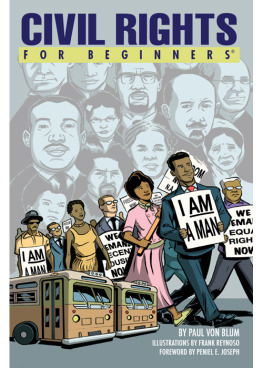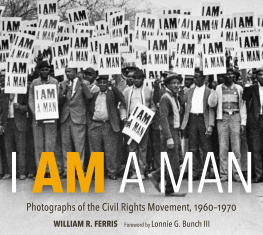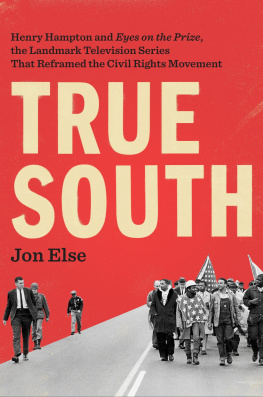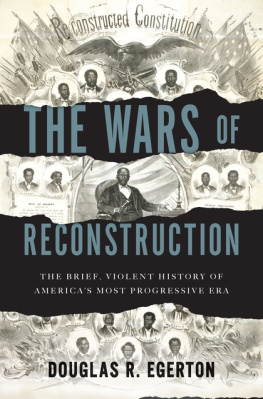John Egerton - Speak Now Against The Day: The Generation Before the Civil Rights Movement in the South
Here you can read online John Egerton - Speak Now Against The Day: The Generation Before the Civil Rights Movement in the South full text of the book (entire story) in english for free. Download pdf and epub, get meaning, cover and reviews about this ebook. year: 1994, publisher: Knopf, genre: Politics. Description of the work, (preface) as well as reviews are available. Best literature library LitArk.com created for fans of good reading and offers a wide selection of genres:
Romance novel
Science fiction
Adventure
Detective
Science
History
Home and family
Prose
Art
Politics
Computer
Non-fiction
Religion
Business
Children
Humor
Choose a favorite category and find really read worthwhile books. Enjoy immersion in the world of imagination, feel the emotions of the characters or learn something new for yourself, make an fascinating discovery.

- Book:Speak Now Against The Day: The Generation Before the Civil Rights Movement in the South
- Author:
- Publisher:Knopf
- Genre:
- Year:1994
- Rating:4 / 5
- Favourites:Add to favourites
- Your mark:
- 80
- 1
- 2
- 3
- 4
- 5
Speak Now Against The Day: The Generation Before the Civil Rights Movement in the South: summary, description and annotation
We offer to read an annotation, description, summary or preface (depends on what the author of the book "Speak Now Against The Day: The Generation Before the Civil Rights Movement in the South" wrote himself). If you haven't found the necessary information about the book — write in the comments, we will try to find it.
John Egerton: author's other books
Who wrote Speak Now Against The Day: The Generation Before the Civil Rights Movement in the South? Find out the surname, the name of the author of the book and a list of all author's works by series.
Speak Now Against The Day: The Generation Before the Civil Rights Movement in the South — read online for free the complete book (whole text) full work
Below is the text of the book, divided by pages. System saving the place of the last page read, allows you to conveniently read the book "Speak Now Against The Day: The Generation Before the Civil Rights Movement in the South" online for free, without having to search again every time where you left off. Put a bookmark, and you can go to the page where you finished reading at any time.
Font size:
Interval:
Bookmark:
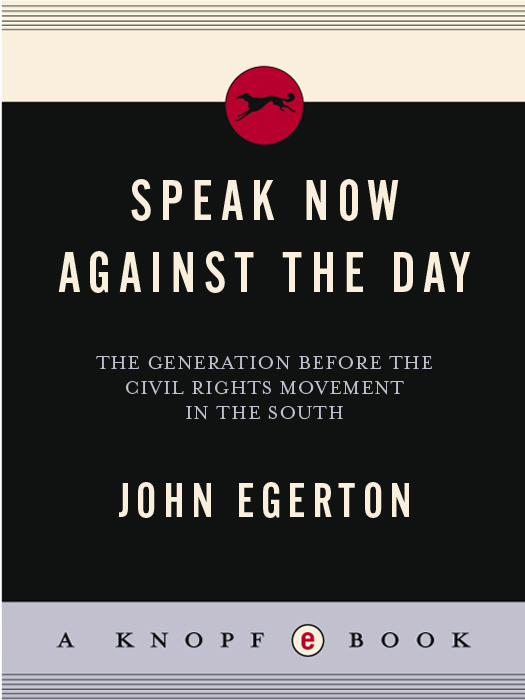
A Mind to Stay Here (1970)
The Americanization of Dixie (1974)
Visions of Utopia (1977)
Nashville: The Faces of Two Centuries (1979)
Generations (1983)
Southern Food (1987)
Side Orders (1990)
Shades of Gray (1991)
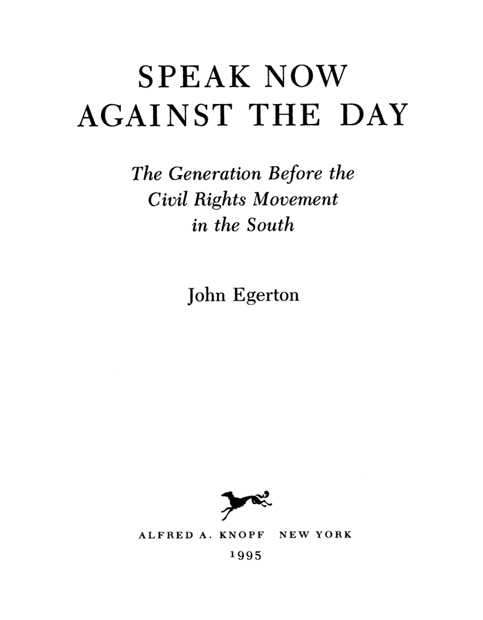
THIS IS A BORZOI BOOK
PUBLISHED BY ALFRED A. KNOPF, INC.
Copyright 1994 by John Egerton
All rights reserved under International and Pan-American Copyright Conventions. Published in the United States by Alfred A. Knopf, Inc., New York, and simultaneously in Canada by Random House of Canada Limited, Toronto. Distributed by Random House, Inc., New York.
Grateful acknowledgment is made to the Southern Regional Council for permission to reprint an excerpt by William Faulkner from The Segregation Decisions published by the Southern Regional Council, Atlanta, Georgia, in 1956.
Library of Congress Cataloging-in-Publication Data
Egerton, John.
Speak now against the day: the generation before the civil rights movement in the South/John Egerton.1st ed.
p. cm.
eISBN: 978-0-307-83457-7
1. Civil rights workersSouthern statesHistory20th century. 2. Civil rights workersSouthern statesBiography. 3. Civil rights movementsSouthern statesHistory20th century. 4. Afro-AmericansCivil rights. 5. Southern statesRace relations. I. Title.
E185.61.E28 1994
323.092275dc20
93-47491
Published November 18, 1994
v3.1
For Harry Ashmore, John A. Griffin, and Johnny Popham, elder statesmen of the mythical and whimsical Southern War Correspondents and Camp Followers Association, and in memory of Harold Fleming, their late and esteemed fellow penman and prince of bon mots.
And for Ann, first and last.
We speak now against the day when our Southern people who will resist to the last these inevitable changes in social relations, will, when they have been forced to accept what they at one time might have accepted with dignity and goodwill, will say, Why didnt someone tell us this before? Tell us this in time?
W ILLIAM F AULKNER
19321938: A FEUDAL LAND
19381945: ROAD OF HOPE
19451950: BREAKING THE MOLD
19501954: DAYS OF GRACE
T uesday, August 14, 1945: When the word finally came at six oclock that evening, downtown Atlanta exploded in a clangorous din of pent-up anticipation and excitement. Unleashed by President Harry S. Trumans radio announcement that Japan had surrendered and World War II was over, tens of thousands of Georgians erupted into the streets. They poured out of offices and stores, emptied theaters and restaurants, brought traffic to a standstill. Sirens blew, horns blasted, bells rang; people screamed, kissed, danced, drank. In spontaneous and simultaneous unison with their fellow citizens from New York to Los Angeles and practically every town and hamlet in between, the ecstatic Atlantans shook the ground with a wild and deafening celebration.
Before sunset brought the sidewalk temperature down out of the nineties and lowered the steambath humidity by a few points, sweating, shouting newsboys were hawking extras of the Atlanta Constitution and the Atlanta Journal up and down Forsyth and Peachtree Streets and all over the business district. The papers were literally hot off the press, their ink still damp and smudgy, their page-one headlines and stories hastily thrown together. The message they delivered amounted to physical confirmation, virtual proof, of a reality that seemed almost too good to be true.
AS BEATEN JAPS SURRENDER
proclaimed the Constitutions banner headline. Just one week earlier, the paper had reported the destruction of Hiroshima, a Japanese city of more than 300,000 peopleroughly the size of Atlantaby the first atomic bomb ever used in warfare. Editor Ralph McGill, quoting Revelations in a column called The Smell of Fire and Brimstone, hailed the harnessing of the atom as easily the greatest story that has happened in our lifetimebut with deeply mixed emotions, he said the use of atomic power as a weapon of mass destruction was a great and terrifying thing.
McGill wrote an editorial-page column seven days a week in a style that blended sagacity, humor, righteous indignation, and melancholy fatalism. Two days after the Hiroshima blast, he told his readers that Hitler had turned Germany into one great big Ku Klux Klan Klavern, but now justice had finally prevailed, because it was Jewish refugees and other exiles fleeing from the Nazi dictator who had come to America and created the A-bomb that won the war. God is not mocked, the Atlanta editor declared. Other commentators on the page with McGill shared his sense of moral vindication in the wars outcome. The Nazi idea of a master race was utterly demolished by Hitlers defeat, wrote columnist Robert Quillen, and the same fate had befallen the Japanese; victorious America, on the other hand, was not a superior race but a mixture, an idea, a way of life, an attitude.
In the August 15 Constitution, under the headline CITY THUNDERS INTO POSTWAR ERA , celebrating Atlantans expressed their elation at the end of a long war (three years, eight months, and seven days, McGill reminded them) and their nervous anticipation of what lay ahead. The war had interrupted the New Deal programs aimed at rescuing the nationand especially the Southfrom economic quicksand, said one observer; now it was time to face the challenges of peace.
Those challenges took many forms. The economic stimulation that the war had brought to the depressed South in the form of military bases and defense industries had to be converted to the peacetime creation of consumer goods and services. Per capita income in the region was still under four hundred dollars a year (closer to two hundred dollars for blacks), and that was barely more than half the national average. One out of every three adults had left school by the end of the sixth grade. Millions of men and women, white and black, would be returning from the military or from wartime jobs in the North; they would need education and job training, employment, housing, medical and legal help.
A new generation of young leaders, bringing back with them visions of a better life elsewhere, was already showing an eager readiness to help lift the South out of its eighty-year nightmare of postCivil War stagnation. The black thirty percent of the regions thirty million citizens were especially hungry for change; in the view of Atlanta-born Walter White, leader of the National Association for the Advancement of Colored People, the victory for freedom and democracy abroad was a prelude to the battle for those ideals at home.
With more finality than any occurrence since the end of the Civil War, the American triumph in World War II appeared to mark the conclusion of an old and outdated era in the Southor so it seems now, with the benefit of a half-century of hindsight to sharpen our vision. In the blissful aftermath of that historic conquest, the American people reached a rare state of consensus that momentarily obscured the age-old barriers between them. They were, in that fleeting instant, truly We the People, eager to form a more perfect Union, and the Southerners among them were as caught up in that contagious spirit of righteousness and invincibility as any of their countrymen.
Font size:
Interval:
Bookmark:
Similar books «Speak Now Against The Day: The Generation Before the Civil Rights Movement in the South»
Look at similar books to Speak Now Against The Day: The Generation Before the Civil Rights Movement in the South. We have selected literature similar in name and meaning in the hope of providing readers with more options to find new, interesting, not yet read works.
Discussion, reviews of the book Speak Now Against The Day: The Generation Before the Civil Rights Movement in the South and just readers' own opinions. Leave your comments, write what you think about the work, its meaning or the main characters. Specify what exactly you liked and what you didn't like, and why you think so.

